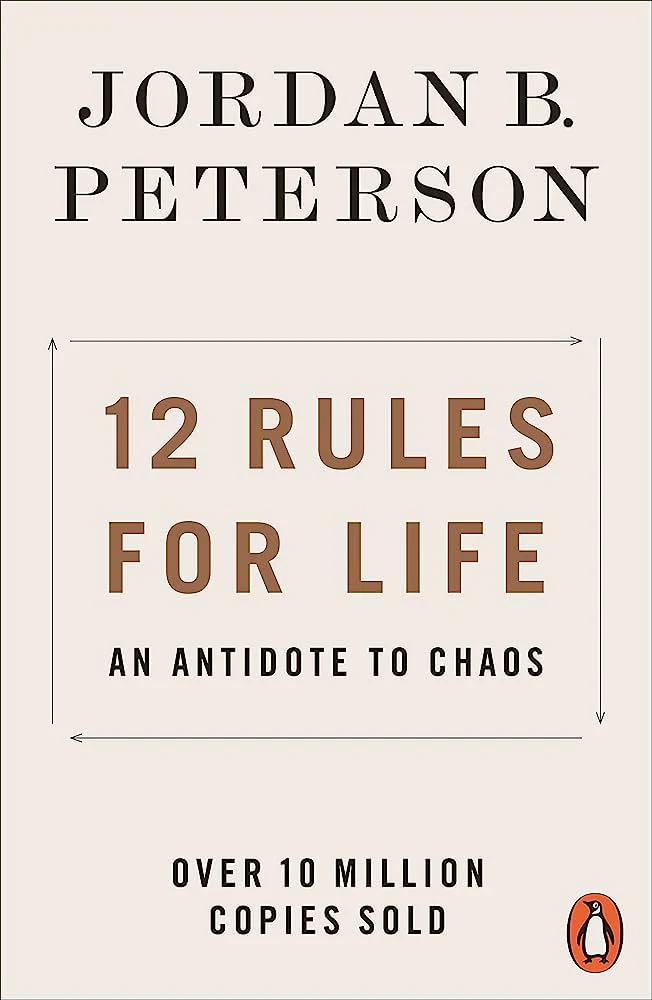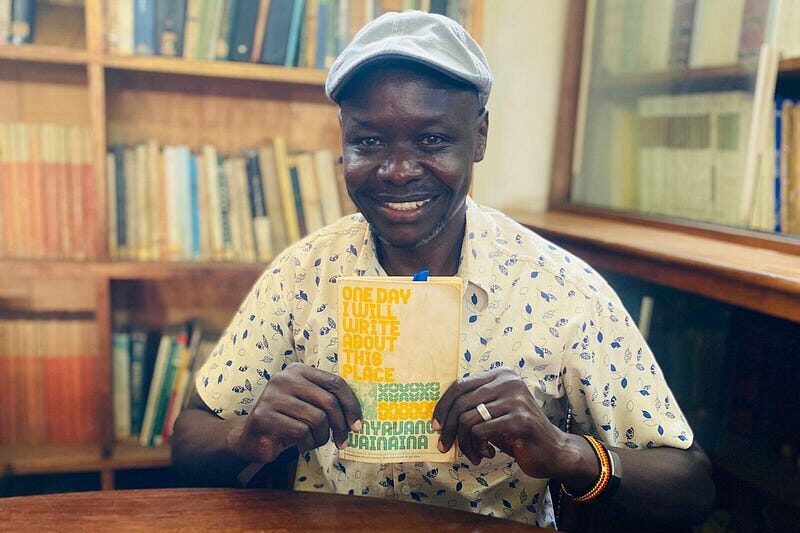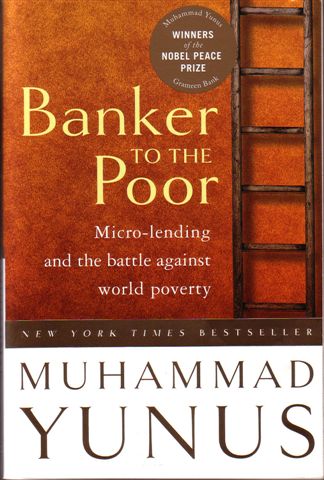
This is not another Self Help Book.
Dr. Jordan B. Peterson is a Canadian clinical psychologist with diverse knowledge on history, mythology and philosophy. This breadth of command is visible and facilitates the forceful rationalism contained in the 12 Rules for Life. As a result, the author succeeds in producing an elaborate and persuasive manifesto on how to do life in a few “easy” steps.
The book is masterful when demystifying the complex domain of the Individual. It has been framed as an Antidote to Chaos; which chaos has assailed many adult lives, threatening psychic stability and therefore productive living. In this regard, the proposed steps and the brightly conceived explanations are indeed a palliative (not so much antidote) for the painful confusion and fracture of our internal existence.
However, Peterson’s theoretical prowess comes undone when he tries to crossover into socio-political commentary. He attempts to portray an equivalence between adverse outcomes from Soviet political history (wherein penalties accrued to successful farmers leading to their eventual imprisonment) with the advocacy of ‘Social Justice Warriors’ who seek the indiscriminate equalization of opportunities for all human beings.
His argument is that the liberal left, much like the Soviet Marxists are inadvertently suffocating and penalizing the legitimate disproportionate achievement by a section of society. This is problematic, because it glosses over the inimitable structural make up of society, derived from the troubled history of human relations characterized by discrimination, subjugation and exclusionary behavior. Given his platform, this lack of nuance in discussing structural inequality is callous.
Although not discussed in depth in this book, in Peterson’s widely revered You Tube lectures, he classifies the concept of white privilege as “Abhorrent” and goes further to chastise the social justice warriors by stating thus; “They don’t like the poor, they hate the rich”. Without querying this mind boggling generalization, it is much more useful to interrogate the more serious infraction; Peterson panders to his constituency by offering the individual exoneration for benefiting from a system that can be empirically defined as rigged (For Specific Example, See: Tanehisi Coates- The Case for Reparations). In so doing, he vulgarizes the debate surrounding urgent underlying fault lines in our society. I am not so naive as to mistake this device as coincidental, but rather a deliberate tool to misdirect us away from the indisputable logic of equality advocacy and or obfuscate his shallow grip on the subject.
It reads like a friendly exhortation, a scolding even, for us to bring our individual selves to order to be well positioned to navigate the world correctly, usefully. However, to enjoy this book, I was required to overlook the scattered instances where Peterson tried to overlay the nature of individual actions onto social formations i.e. conflating cognitive psychology with social science.
The book is indeed deeply reflective on the evolutionary biology of human beings and follows this thread to prescribe practical remedies for the gamut of human interactions / transactions.
The key contradiction was the failure to recognize that social ills like racism, patriarchy do not necessarily seek to imply individual complicity across the board but rather amplify the stubborn persistence of systemic malware.
That notwithstanding, his analysis on personality, responsibility, relationships is indispensable and make this book essential reading.





